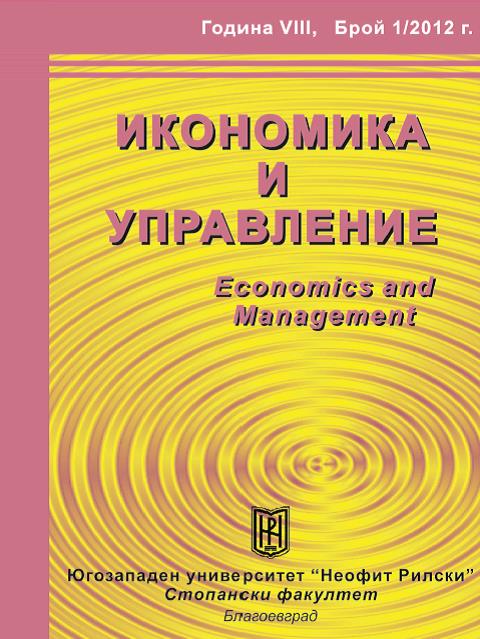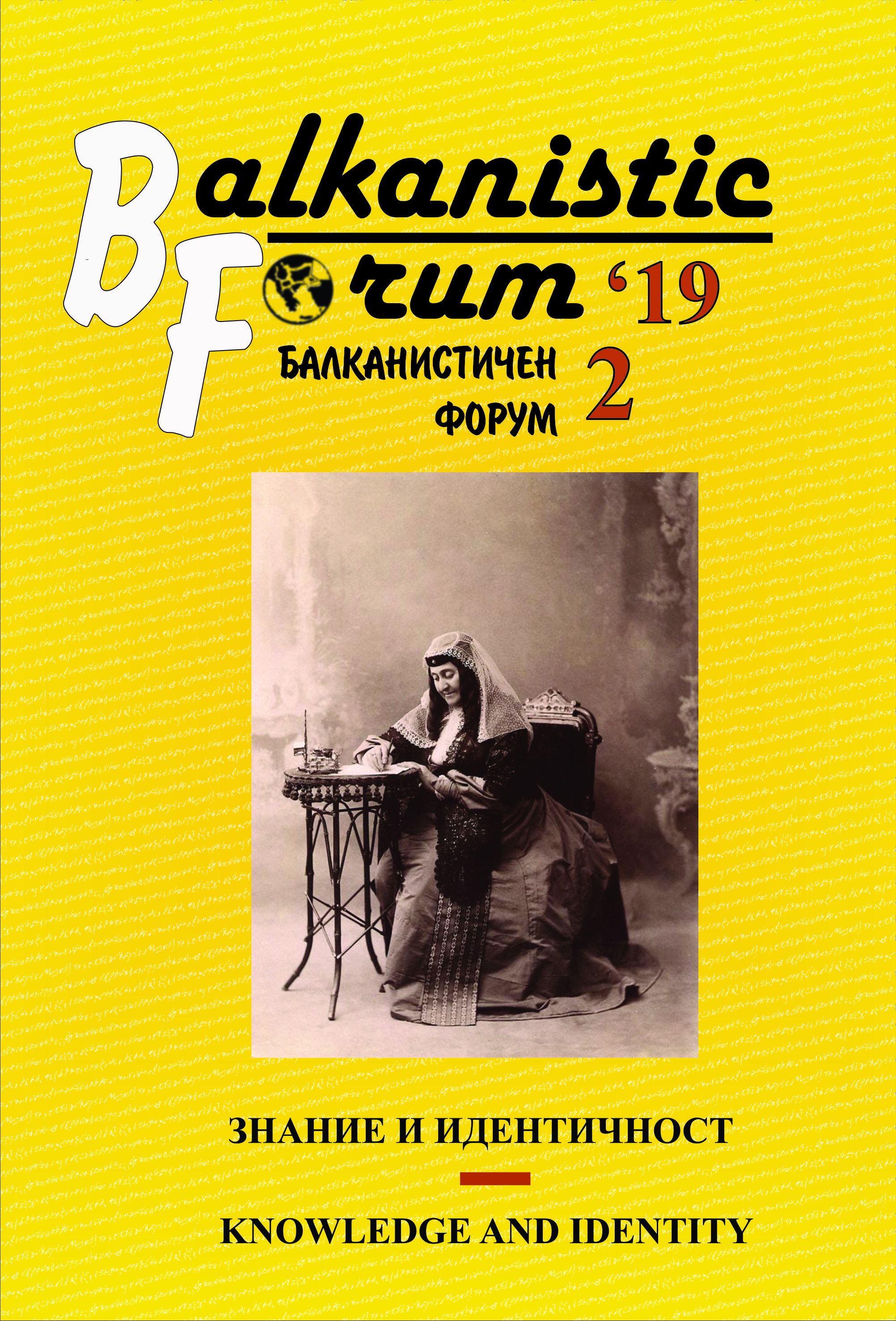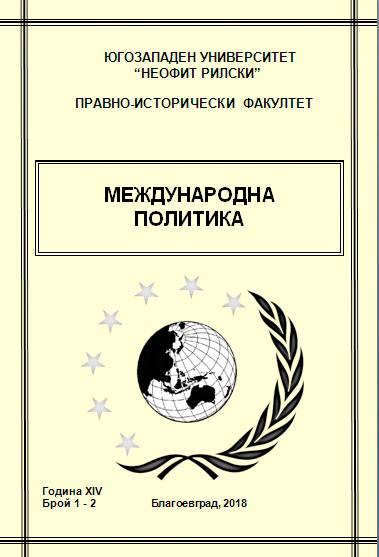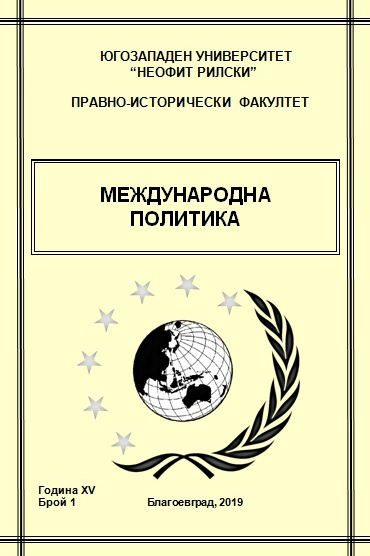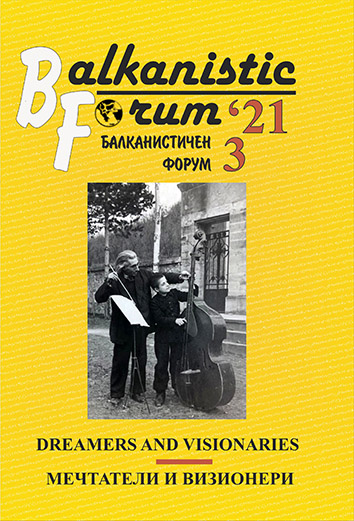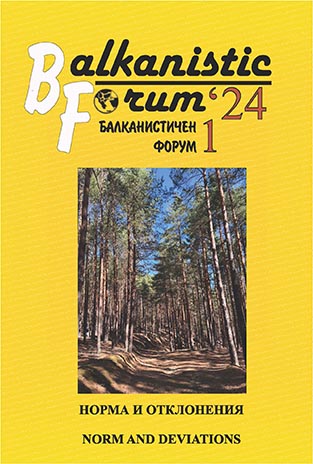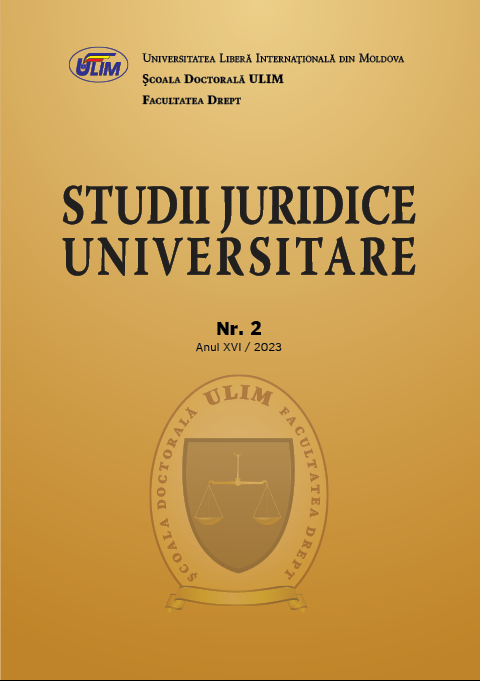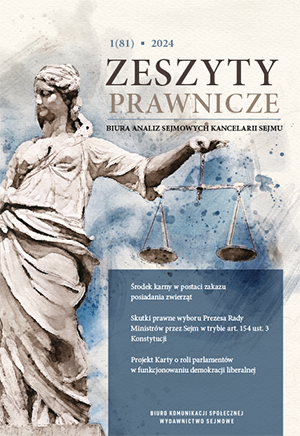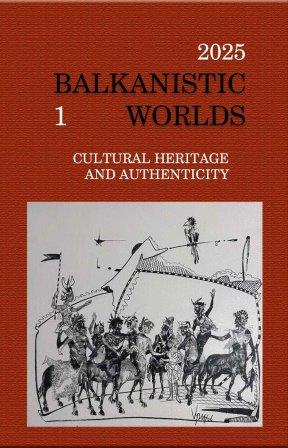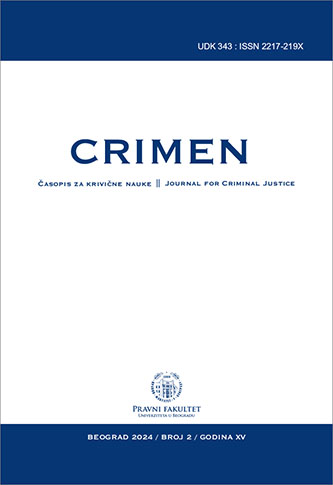Author(s): Dobrinka Chankova / Language(s): English
Issue: 3/2021
The concept of restorative justice as a type of alternative justice that focuses on the recovery of harm from crime, the victim, the perpetrator and the status quo in general, rather than on repression, is no longer new. It has long had its international legal basis – acts of the UN, EU, Council of Europe and others. Its main tools – victim-offender mediation, family conferences, problem-solving circles and more, are already established and widely used in most European countries and America, Asia, Australia, and Africa. Although marked in some strategic documents in our country recently, restorative justice is not a legal fact yet. However, in the global criminal crisis, deficits of the criminal justice system's functioning could be successfully, if not completely eliminated, then at least mitigated through its mechanisms. Individual scientists and representatives of non-governmental organizations have not only dreamed since the beginning of this century but are working hard to introduce its models. Politicians and decision-makers and part of the legal community show stubborn rigidity and resistance, refusing to put this issue on the current agenda of society, under various pretexts, but primarily defending their "preserved interests and monopoly" in criminal justice. At the same time, the crisis with the COVID-19 pandemic raises the issue again with particular urgency. That is why it is high time to abandon the unproductive "penal populism", to revitalize the debate for the mentioned novelty and achieve synchronicity between visionaries, dreamers, practitioners and users.
More...
